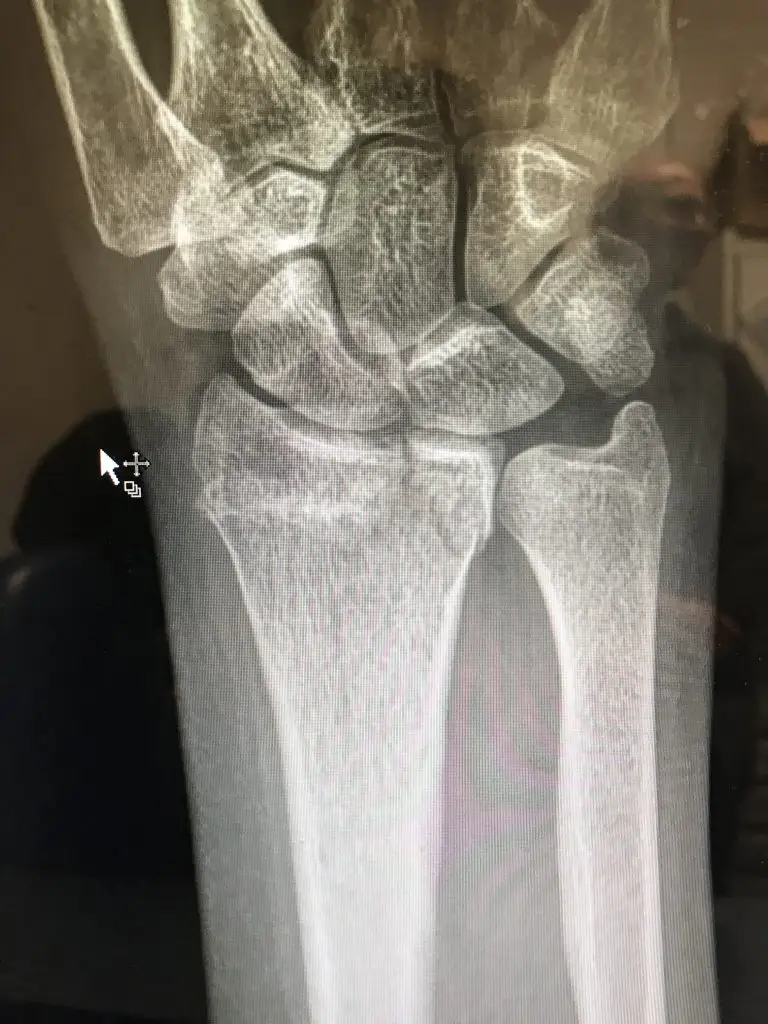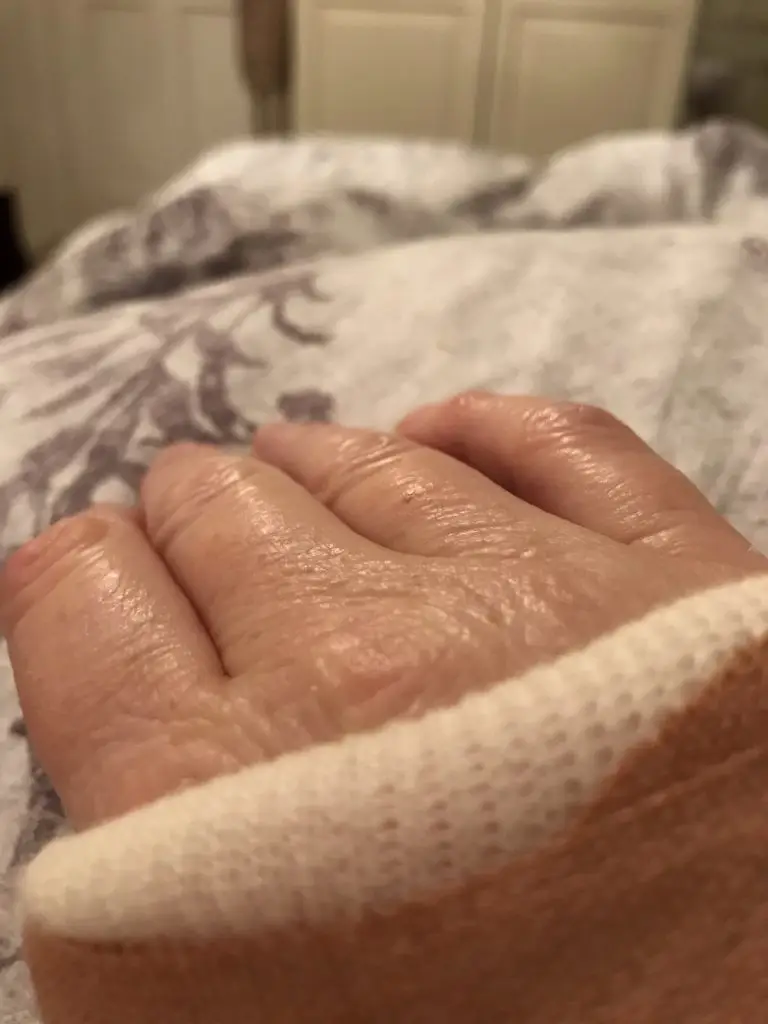My Story Joanne Wright
Let Me Introduce Myself
I am a passionate, dynamic hard-working and motivated psychologist. I am registered as a practitioner psychologist with the health and care professions council (HCPC).
I am registered as a forensic psychologist. I am also registered with the British Psychological Society as an Associate Fellow. In a nutshell – this means I am professionally qualified and experienced as a psychologist and regulated appropriately.
I qualified in 2004 so have quite a few years of applied experience in the field of applied mental health, wellbeing, support, and training. My journey began around the age of 14 when my Mum decided in later life to re-train to become a social worker. She worked in adoption services for children and young people with physical disabilities.
I did not understand at the time, but it was her determination, drive, and commitment that contributed to me studying Psychology. Furthermore, I did not really know at the beginning of my degree course in 1992, Psychology of Human Communication & German (of all subjects!!) – that my ultimate pathway would take me to a career within the prison service as a forensic psychologist.

In 1996 I undertook a 1-year voluntary placement at a young offender’s institution, HMYOI Glen Parva. This consolidated my commitment to working in the field of applied forensic psychology.
After a couple of years working with the probation service, and completing an MSc Forensic Psychology at Leicester University, I joined the Prison Service in 2001 as a Trainee Forensic Psychologist.
I spent 15 years working for the prison service. Initially as a trainee, then I qualified and became awarded Chartered status in 2004. I undertook a variety of roles. This included managing a multidisciplinary team, working with multidisciplinary agencies including the probation service and police and working with governors and other senior managers.
In 2015 I left the prison service, exhausted, drained, and with the diagnosis of post- traumatic stress disorder. This followed a series of events. I had always intended that I would be with the prison service until retirement and so could not contemplate life beyond being employed by the prison service.
However, I needed to find a way to move forward, and I realized that working in the field of private practice would meet my desire to work with individuals to enable change.
An Accident That Changed My Life
In April 2018 whilst away on a family holiday at Centre Parks, I decided to go roller-skating with my youngest daughter! My husband proceeded to book us into a session almost immediately!
We arrived and I signed away a waiver for protective elbow and knee pads! Needless to say, I then fell over and instantly suspected that I had broken my right wrist.
The pain was horrendous, and I had never felt anything like that before. A series of trips to A&E, the fracture clinic, and day surgery ultimately led towards a diagnosis of CRPS in May 2018.
This was a very swift diagnosis of CRPS, given the many experiences I have since learnt of people waiting years for an official diagnosis of chronic pain.


I remember very little between the point of diagnosis of CRPS in May 2018 and the time before my assessment at the hospital for an inpatient pain management program.
This time was a period of intense excruciating pain and extreme anxiety. I was very fortunate to be able to access the inpatient pain management program at Bath hospital in the summer of 2018.
Owing to a combination of factors, including my extreme psychological distress, I was offered the opportunity to repeat the entire programme again in October 2018.
This program helped me to understand not only the physical mechanisms of pain but also the psychological elements of pain. It offered some invaluable skills, tools, and techniques of how to approach life with a new perspective
However, I believe it has taken until now (May 2021) for me to begin to consolidate my learning from these courses and to begin to accept my chronic pain condition – in some ways at least! I believe my unique position as a qualified psychologist and as an individual with a chronic pain condition is what sets this support group apart.
I hope that this program offers you some hope as well as practical skills to manage or support someone else with a chronic pain condition.